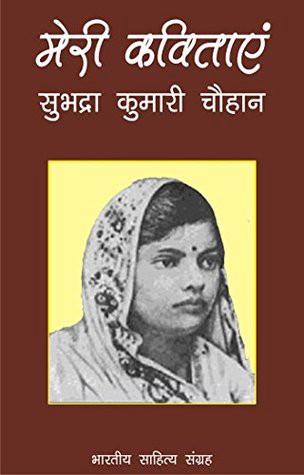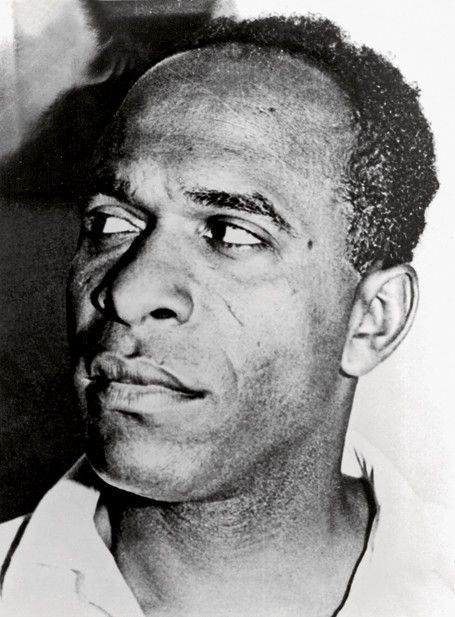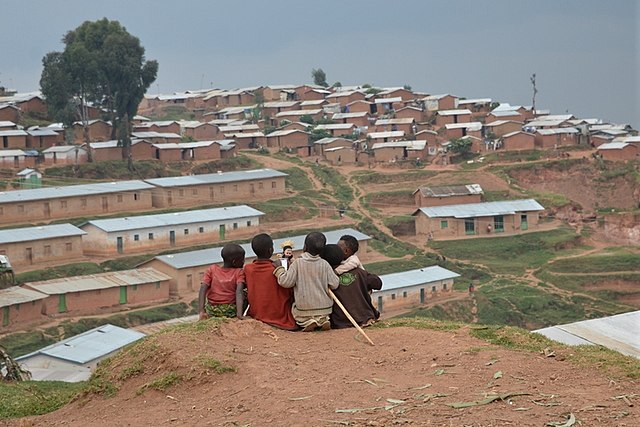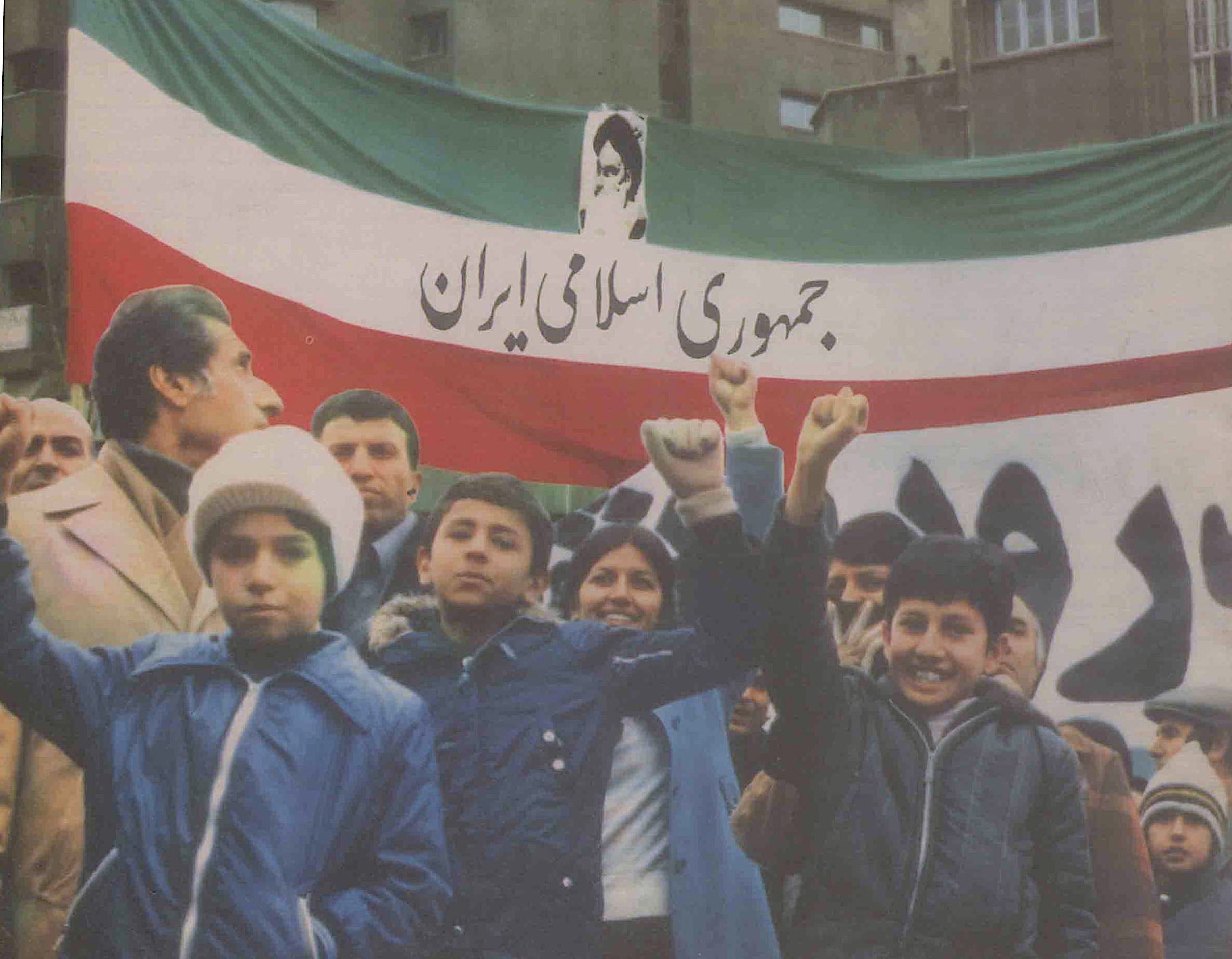Books & Culture
10 Writers Who Fought For Independence

We look at the lives and legacies of ten writers whose dedication to the cause of liberty took them from the desk to the battlefield

No one can deny the power of writing. A perfectly rendered poem or an epic novel has a unique ability to reveal aspects of our society that we never before recognized. In times of conflict, oppression, and disarray, writers often play an integral role, chronicling the stories of people, cities, and eras, and inspiring their readers to imagine new futures and new ways of living.
But for some, putting pen to paper isn’t enough. In addition to their literary efforts, many writers throughout history have felt compelled to join more directly in the struggle. Serving various roles on the battlefield, they have fought for freedom — for their own independence, for their principles, in their own homelands and abroad. Some were on the right side of history. For others it was more complicated; they betrayed their dreams, or they were themselves betrayed by the cause. War is hardly ever black-and-white.
For the 4th of July, we’ve compiled a roster of writers who fought for freedom. While the individuals hail from a number of different countries and historical periods, their dedication and their zeal can’t be denied.

1. Samuel Beckett
In addition to being one of the giants of modernism, Beckett also worked to stop the German occupation of France during WWII by joining the French Resistance. He served as a courier and later stored armaments for his cell. Although he referred to his involvement as “boy scout stuff,” he was nearly caught by the Gestapo several times. Beckett continued to cultivate his writing, working on his novel Watt to keep himself sane while hiding out in the French village of Roussillon.

2. George Orwell
Orwell’s determination to fight fascism landed him in the middle of the Spanish Civil War in 1937. After arriving in Spain, the British writer made his way to the barracks of the Partido Obrero de Unificacion Marxista (POUM), a far left party. He experienced a lot of action during the war, so much that he ended up with a bullet in his neck, resulting in paralysis in his left hand. Upon release from the hospital, he was forced to flee to France, along with his wife. There, he immediately began working on Homage to Catalonia, a novel built out of his observations and experiences during the war. “There are occasions when it pays better to fight and be beaten than not to fight at all,” he wrote.

3. Gioconda Belli
As both a woman and a Nicaraguan citizen, Gioconda Belli’s life has been defined by revolutionary struggle. She was born in Nicaragua, studied in Philadelphia, and then returned to her home country to participate in the struggle against the Somoza dictatorship. As part of the Sandinista movement, she went on to hold a number of government posts. All the while, Belli continued writing books, poetry, and essays, with a focus on the country’s political struggles as well as its gender oppression.

4. Subhadra Kumari Chauhan
Subhadra Kumari Chauhan combined literary and activist zeal to become a resistor of British rule in India, joining the Non-Cooperation Movement in 1921. Even as a mother of four children, Chauchan remained devoted to the fight, one that landed her and her husband in jail a number of times. In the middle of all these hardships, she still continued to write poetry and short stories — work that inspired many youths to join the Indian Freedom Movement.

5. Agostinho Neto
Before becoming the first president of Angola, Agostinho Neto published three books of poetry and led the Popular Movement for the Liberation of Angola in the country’s war of independence from Portugal. Neto’s reign in Angola is remembered as a time of great strife, giving way to a civil war that would rage on for decades, tearing the country apart. Still, Neto is still considered to be among the nation’s greatest poets and an icon of African letters.

6. Rigas Feraios
Rigas Feraios, an important writer and thinker in the late 18th century, was also a pioneer of the Greek War of Independence, inspired by the revolution underway in France. While his work was stirring up the fervor of his compatriots, Feraios supported local uprisings throughout Greece and fought many skirmishes and political battles against the Ottoman Empire.

7. Juana Manuela Gorriti
Juana Manuela Gorriti was the Florence Nightingale of Peru. Although she was born in Argentina, Gorriti had links to both Peru and Bolivia. After moving to Lima, the Spanish Navy attacked ports on the coastlines of Chile and Peru, so she took on the role of battlefield nurse, risking her life to evacuate the wounded. For her heroism, she was awarded the Second Star of May by the Peruvian government. Gorriti went on to write about her experiences in articles and short stories that would later be collected and published. Over the course of her life she founded two newspapers: The Argentina Dawn and The Dawn of Lima, and became an influential journalist.

8. Patrick Leigh Fermor
The BBC once described this renowned man of letters as “a cross between Indiana Jones, James Bond and Graham Greene.” Fermor’s reputation is backed by a number of impressive literary endeavors, including travel writing, translating, and even screenplay writing. However, Fermor was also involved in the Cretan resistance fighting the Nazi occupation of the Greek island during WWII. His participation required that he disguise himself as a shepherd and live in the mountains for two years. A number of his works address his experiences during and after the war, such as Abducting A General — The Kreipe Operation and SOE, which documents the story of capturing and evacuating a German commander.

9. Jaroslav Hašek
Hasek was born in a time of rising Czech national awareness, a feeling that stayed with him throughout his life. At just 14, he was involved in Anti-German riots in Prague and later joined the anarchist movement. In 1915, he fought the Austro-Hungarian Empire in the First World War. A notoriously funny guy, Hasek was known to put his humor to good use in criticizing authority figures. He wrote The Good Soldier Švejk, a collection of absurd incidents about a WWI soldier that has since been translated to sixty languages.

10. Frantz Fanon
Frantz Fanon was born and raised in the French colony of Martinique. During WWII, French sailors took over the island’s government and placed it under the control of Vichy collaborators. At seventeen, Fanon sailed to Dominica and then Casablanca to join the Free French military forces. Later, he fought in France and was awarded the Croix de Guerre. After the war, he stayed in Europe to study medicine and was eventually sent to practice in a hospital psychiatric ward in Algeria. After war broke out, Fanon treated French soldiers haunted by the atrocities they had witnessed or been a part of. Eventually realizing he could no longer support French imperialism, Fanon quit his post and devoted himself to Algerian independence. The work he produced over the following decade would establish him as one of the continent’s leading intellectuals and a giant of anti-colonial theory and analysis.








